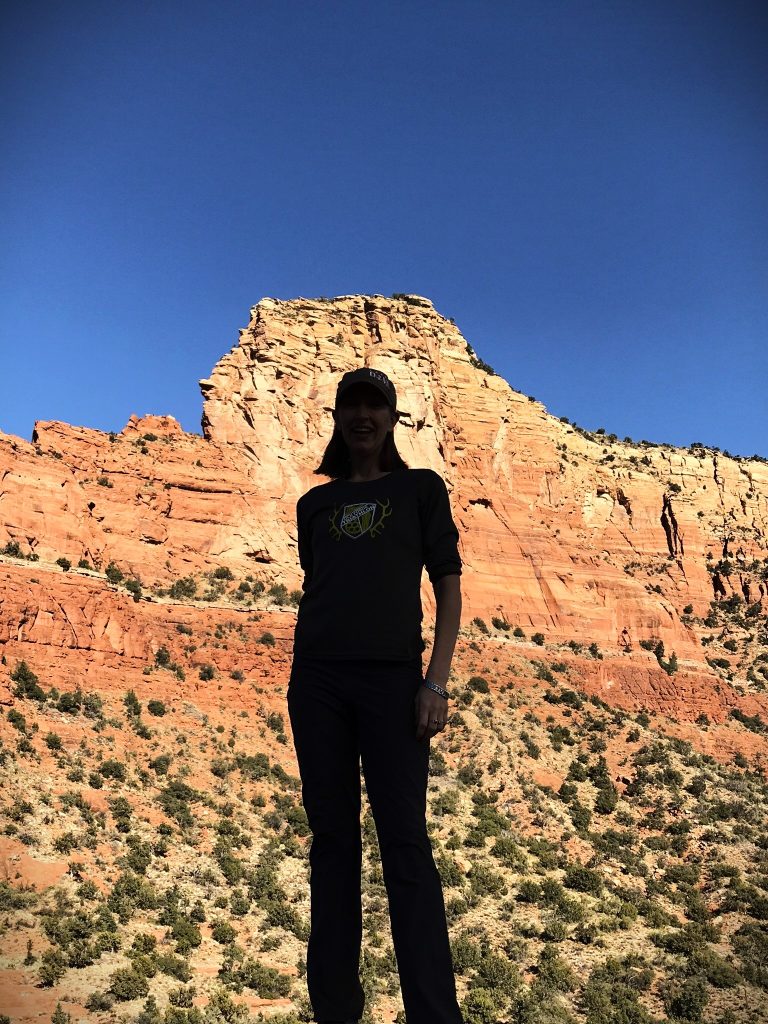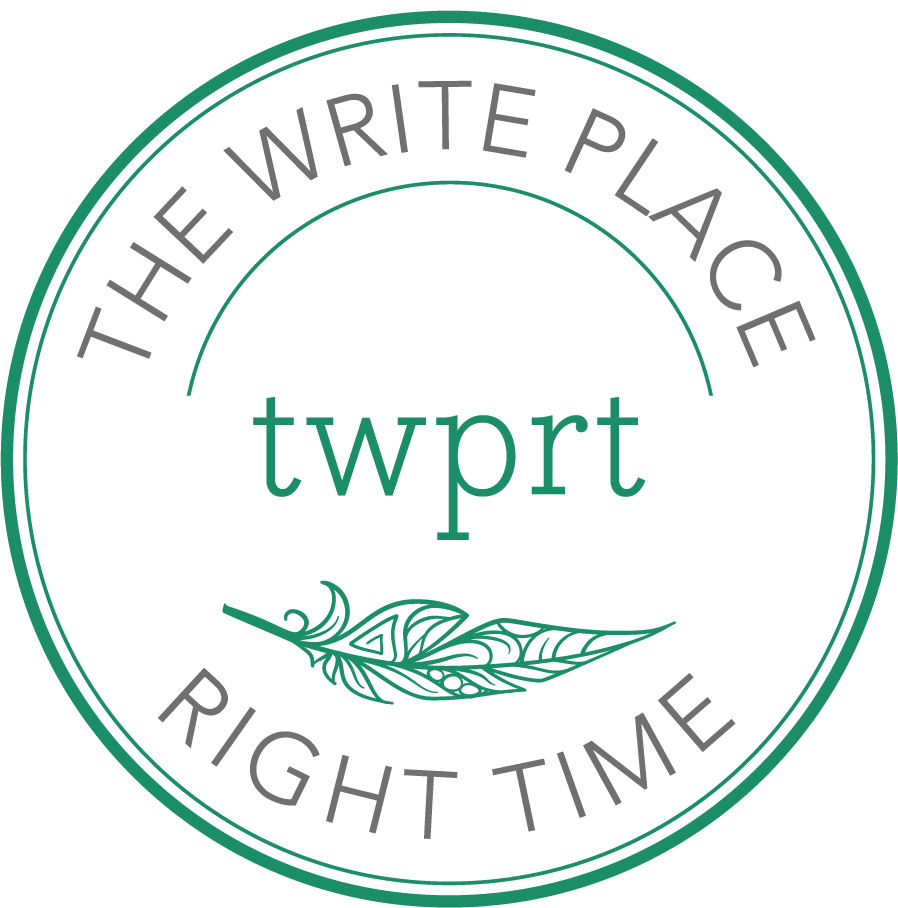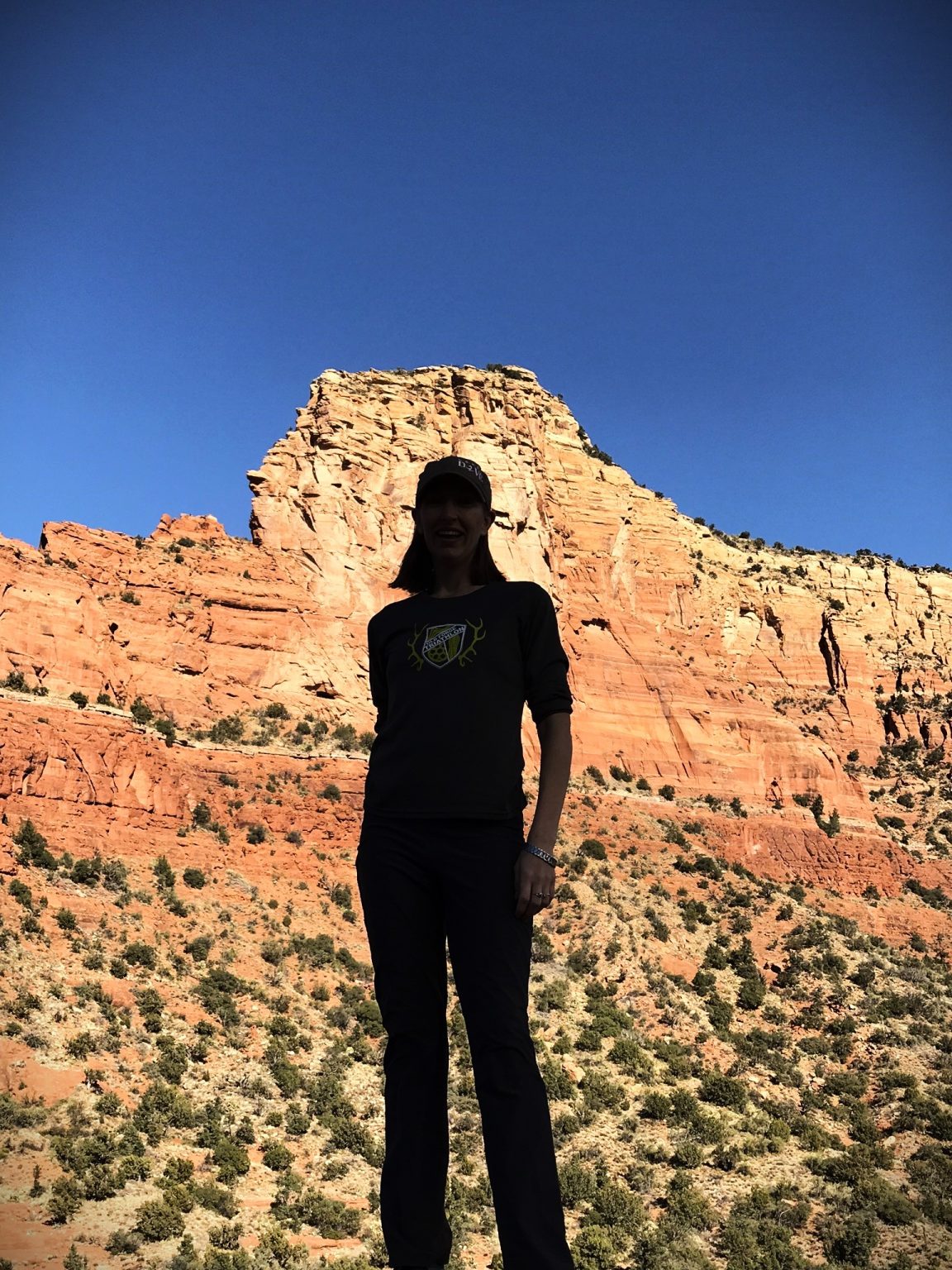This post is the first in our 2024 guest blog post series Bravely Write Your Book.
Learn from publishing professionals and authors how to bravely write your book.
Hello again, everyone! Last month, we covered sharing your story with the expert advice of Nichole Myles, and this month I’ve invited another individual to bring you their advice and insight to help you keep at it. This time, we’re honing in on saying the difficult things. Not everything you have to say is going to be easy to write, and that’s natural. It’s something just about every writer has to face at some point, but our guest this month is here with the tools and advice to help you get through it.
Let me introduce this month’s guest contributor–P.A.
P.A. is a lover, an adventurer, a badass, and a fragile flower...all in one. It began in the mid-'70s, when she landed on the planet into a damaged family, to juvenile parents, with a psychotic brother, and, in a time when kids ran wild and untethered. This was a recipe for an imperfect life...tragically imperfect.
Today, P.A. works as a Consultant in the world of nonprofits, a world she entered over 20 years ago as a Clinician trying to save children who battled through wars the way she had, and worse. She is a Mama to two remarkable teenagers who get to be what she wasn’t allowed to be because she insists on it. She is a wife to a man who loves her how she never thought she deserved and sees in her some kind of thing she doesn’t understand. She is a fur-Mama to twin puppies, the fourth and fifth in her lineage of ownership. She is also a triathlete, a home chef, a vegan, and the caretaker of a community food stand. With her husband, she’s a mountain hiker and aspiring Adirondack 46-er, having completed 78% of the challenge.
Between those paragraphs is the story she’s attempting to write: one of terror in her own home, of no one coming to the rescue, of ending that cycle and creating something beautiful from between the cracks in the concrete. Between those paragraphs is the story of deep, enduring pain at the hands of people who should have loved and protected her. Between those paragraphs is the story of choosing love over rage, creating a home where, finally, she is safe. Between those paragraphs is the story of how love came to live here.
What advice would you give someone struggling with sharing their story?
When I'm feeling particularly terrified about whatever I'm writing–which for me, is usually re-creating trauma moments on the page–I approach it like a sandwich. First, before I start writing, I ground myself in the safe space of where I am now (this is the first piece of bread in my writing sandwich). As a reminder that I am no longer that little girl in danger. I do things that soothe me, like coloring or doing stickers in my sticker book, listening to soothing music, doing yoga, or meditating.
I always get love from my husband first, too. I need the reminder that I am loved and worthy. When I feel acceptably strong and loved, then I can get going. I also always set a manageable limit for my writing. I either write for a couple of hours or I write until I finish a chapter, a memory, or a section. This is the meat (well, I'm vegan, so this is the seitan) in my sandwich.
When I'm done, I'm done for the day. And then I ground again, immediately (the second piece of bread). I color again maybe, or I ask my husband to hold me while I cuddle up in blankets. I might take a bath or a hot shower to cleanse the experience off of me.
Usually, I commit to doing nothing else that day–I don't cook dinner, I don't listen to friends' problems, and I don't go to social gatherings. I stay cocooned with my safe person in my safe home and get nurtured.
Was there a time you struggled with sharing your story in your own writing? How did you overcome it?

I'm struggling with my own writing right now. I write for a living–but, in the case of work, it's grants, program designs, strategies, and other technical writing on behalf of my nonprofit clients. So, sometimes I think I'm just over it with writing. It adds an extra thick layer of "I don't wanna" to the pile of excuses that I use to avoid writing about my traumatic history. It's a heavy, scary topic anyhow, so motivating myself to do it is very difficult. AND I struggle to literally find any time to do it. I am so nuts with work and life–with kids, especially–that prioritizing my memoir is sadly difficult.
I do love a good writing sprint and I think that's a great way out of a slump for me, particularly when I'm feeling intimidated by the content I need to write (e.g., scary abuse stuff). If I say I'm going to write without personal judgment for 15 minutes and just let it flow, that is often a motivator to get me back on track for longer stretches– plus it's easy to be brave about writing frightening memories for 15 minutes.
To be clear, though, any time I write, I put guardrails around it. I always put limits on how long I will do it because that also helps me start–it manages the fear. When I was a teenager, I remember I would be so stressed about writing essays and papers, I would just sit paralyzed not even able to begin. I've learned that, for me, that's at least partly because I don't know when it will end.
The idea that I might be stuck doing it for hours and hours without end was overwhelming and is even harder when you're leaning into your bravest self to do it. So, I would decide to do the thing until, say, dinner time and then be done with it until the next day.
Getting started has also always been challenging, so I started giving myself permission to start wherever–and maybe that's midway through a section, or partway into an idea. or even writing the ending first. The sprint concept allows for BOTH of these: a time constraint and a point-in-time brain-dump of ideas, both of which make writing tough content much more under my control.
What did you wish you knew then that you do now?
I wish I really comprehended how hard it would be—that writing my memoir, at moments, would feel as terrifying as being in it in the first place. I wish I didn't take so long to understand the fact that, because I wasn't nurtured, I was going to have to lean on myself to be like the mom I wish I had in the spaces and times around my writing.
Being on a 1:1 writing intensive (like a personal retreat) with Ally really drove this home for me. Ally nurtured me around my writing. She cooked for me, and encouraged me to ease in and ease out of the writing. She took me through meditation, gave me snacks, and poured me wine at the end. I think not being nurtured in childhood leaves you with an undetectable thirst that you don't realize til you gulp it in.
I feel now like I can ask my husband to take that role if I need to–or at least a little bit do it myself with coloring and music and yoga. But, I'll tell you, if being brave for you involves having always had to be brave because no one looked out for you, then part of being brave in this project is about letting it go and giving it to someone else to help with.
If you could write a letter to your younger self about sharing your story, what would you tell them?
All the messages they gave you–the people you lived with, your bullies, the people who hurt you at work, all of them–are not reality. You grew up in an alternate universe. In this real world that is your adult life, seek the truth tellers. They come with words of love and light, they lift you up, they hug you, they protect you, and they make you feel seen and beloved.
That is what you deserve! Surround yourself with those people. Heal up, sweet girl. And then tell the whole fucking world your story–because too many kiddos grow up in that alternate universe and they need people to know and to pull them out.
What is the most valuable advice you’ve received as a writer about sharing your story?
I don't know if it's advice as much as a process, but taking the time to lay out the key moments of my timeline, the key characters, and the critical components to the story, and then putting them on an arc and having points to write toward for each chapter was a game changer for me.
I had always thought I should just sit down and write my story, but putting "science" around it has made it not only more strategic but also takes the overwhelm out of it. There's enough to fear about writing in my story. Having a framework and a guide for it makes it much less frightening.
What is one piece of advice you can provide to help someone bring their book to the world?
I mean, besides working with Ally, who is both brilliant and deeply connected, I think it's really crucial to build yourself a support team. Whether that's telling a couple of people you're doing it and asking for accountability buddies, enlisting your partner in nurturing you before and after your writing sessions, or finding some writing nerds online to help you think things through or edit, having people in it with you makes it feel less lonely and less scary.
It's like with training for triathlons–I always have more fun running or biking with my friends than those long, lonely runs. The more I can have a team to train with, the happier I am and the better I train. So it is with writing!
Remember to stay tuned for next month, when Lisa Hammett will be here to discuss doing things you’ve never done before, and the bravery it takes.
While you wait for the next blog post in this series to drop, don’t forget about these two free and readily available resources.
- The 5-Step Writing Guide to Starting (and Finishing) Your Memoir. It’s time to light up your world and ours with your story.
- My 20-minute Story Stroll where you and I get to talk openly and honestly about the book you’re feeling tapped to write. Let me help you take the next best step on your journey.

